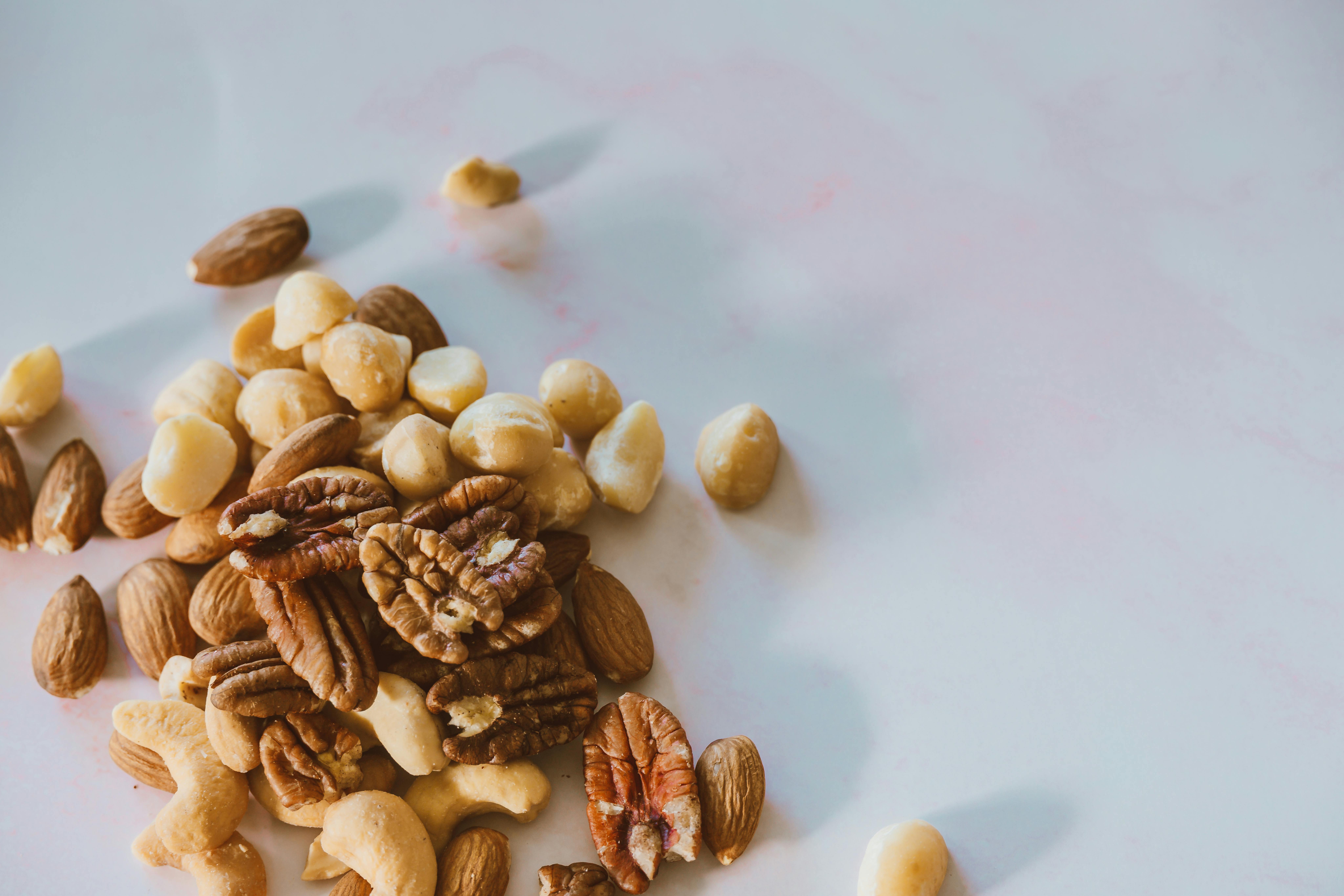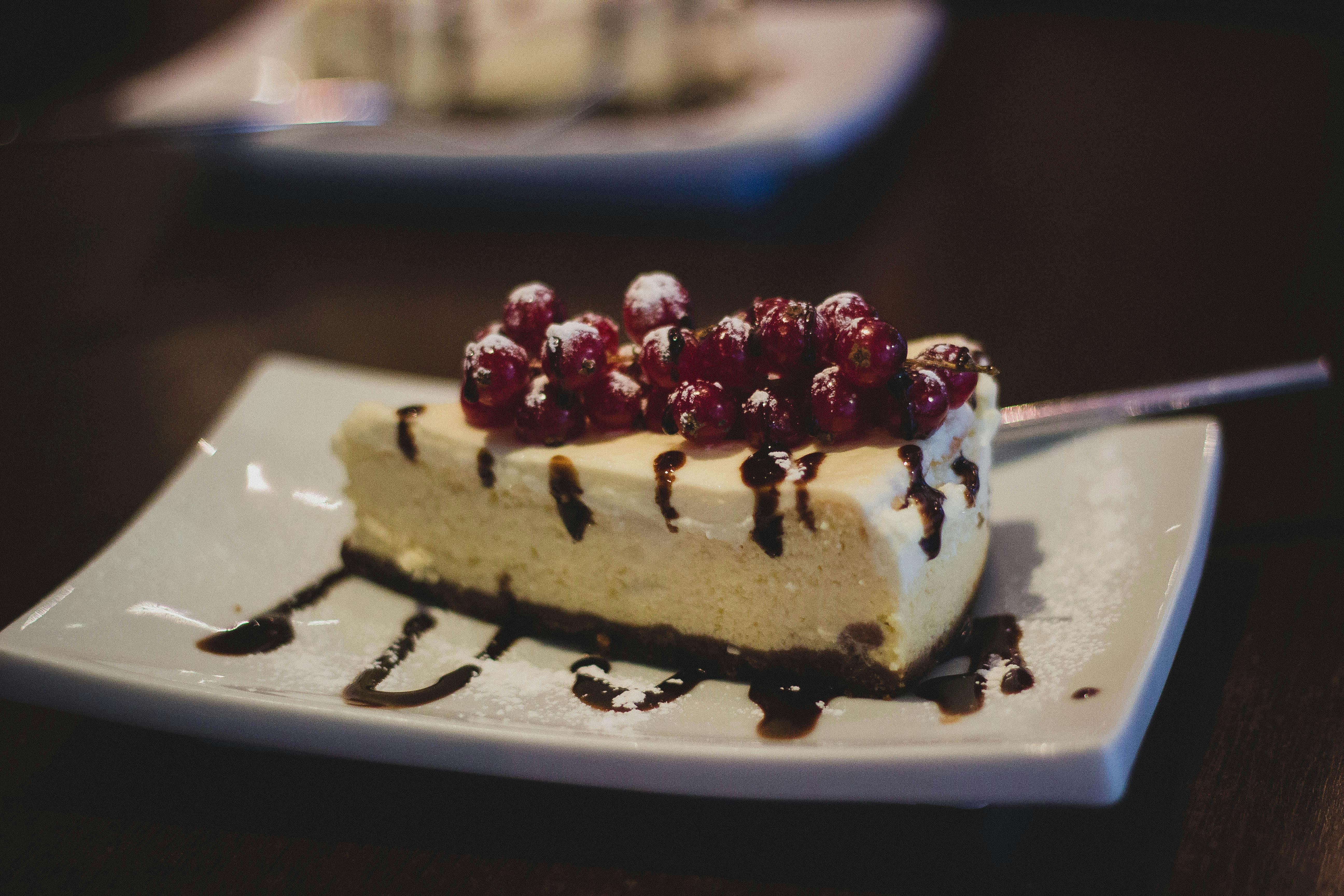
Apply Now
For example, if you want to convert 2000 grams to pounds, the calculation would look like this:
\[
\text{Pounds} = \frac{2000 \text{ grams}}{453.592} \approx 4.41 \text{ pounds}
\]
This simple formula can be applied to any weight in grams to find its equivalent in pounds, making it an invaluable tool for both home cooks and professional chefs.
 Having a printed or digital version of this chart allows you to streamline your cooking process and ensures that you can quickly determine the needed weights.
Having a printed or digital version of this chart allows you to streamline your cooking process and ensures that you can quickly determine the needed weights.

The Ultimate Guide to Converting 2000 Grams to Pounds
Understanding Grams and Pounds
Grams and pounds are two distinct units of measurement used to quantify weight. Grams are part of the metric system, commonly used in most countries around the world, while pounds are part of the imperial system, primarily used in the United States and several other nations. Understanding the conversion between these two units is essential for various applications, especially in cooking and baking, where precision is critical. When converting weights from grams to pounds, it becomes crucial not just for cooking but also for various scientific and industrial purposes. In essence, knowing how many pounds are equivalent to a certain number of grams can help ensure accuracy in recipes and measurements. For instance, 2000 grams converts approximately to 4.41 pounds. This conversion is vital for ensuring that recipes yield the expected results. The relationship between grams and pounds is rooted in their respective measurement standards, and knowing this can simplify your cooking and baking experiences. By grasping these concepts, you create a solid foundation for all your culinary and weight measurement activities.Grams to Pounds Conversion Formula
To convert grams to pounds, you can use a straightforward formula. The conversion factor is 1 pound equals 453.592 grams. Thus, to convert grams to pounds, you divide the weight in grams by 453.592.Practical Applications of Grams to Pounds Conversion
Cooking Measurements: Why Precision Matters
In the culinary world, precise measurements can make or break a dish. When converting grams to pounds, it’s essential to understand how weight affects recipes. For instance, baking recipes often require specific weights to achieve the ideal texture and flavor profile. A slight deviation from the weight can yield inconsistent results. Converting grams into pounds can be particularly useful in recipes that originate from different countries, where the metric system might be standard. Knowing how to accurately convert these weight measurements enables you to replicate authentic dishes effectively. By using tools like a grams to pounds calculator, you can achieve greater efficiency in your cooking process. These calculators allow quick conversions without the need for manual calculations, further ensuring recipe accuracy.Common Grams to Pounds Conversion Examples
It’s helpful to familiarize yourself with common conversions between grams and pounds, especially when cooking. Here are some quick reference points: - 500 grams is approximately 1.10 pounds - 1000 grams equals 2.20 pounds - 1500 grams converts to about 3.31 pounds - 2000 grams equals approximately 4.41 pounds These conversions allow for quick adjustments and substitutions in your cooking and baking practices, ensuring consistency and quality in your dishes.Using Conversion Charts in Cooking
Creating a Grams to Pounds Conversion Chart
Developing a grams to pounds conversion chart can serve as an excellent reference tool in the kitchen. Such a chart visually presents the relationships between different weights in grams and their corresponding values in pounds. For instance, a chart could include: - 100 grams = 0.22 pounds - 200 grams = 0.44 pounds - 500 grams = 1.10 pounds - 1000 grams = 2.20 pounds - 2000 grams = 4.41 pounds Having a printed or digital version of this chart allows you to streamline your cooking process and ensures that you can quickly determine the needed weights.
Having a printed or digital version of this chart allows you to streamline your cooking process and ensures that you can quickly determine the needed weights.
Converting Weight for Recipes
Every recipe may require different adjustments based on the total weight of ingredients. Whether you are doubling a recipe or scaling down, understanding the ratio of grams to pounds will assist you in executing precise measurements. If a recipe calls for 300 grams of flour, you can use the conversion chart or calculator to change it to pounds if needed, allowing you to adapt measurements accurately. By mastering these conversions, you enhance your cooking experience by minimizing the guesswork associated with weight measurements.Quick Reference Tips for Grams to Pounds Conversion
Practical Tips for Quick Conversions
To aid in converting grams to pounds quickly without a calculator, here are some practical tips: - Remember that 1000 grams equals approximately 2.20 pounds; use this as a benchmark for larger weights. - For smaller conversions, knowing that 500 grams equals 1.10 pounds can streamline the process. - Use a kitchen scale for precise measurements, as it eliminates conversion errors from manual calculations. Moreover, consider keeping a small reference guide in your kitchen for these common conversions. This way, you can refer to it while preparing meals without the need for an electronic device.